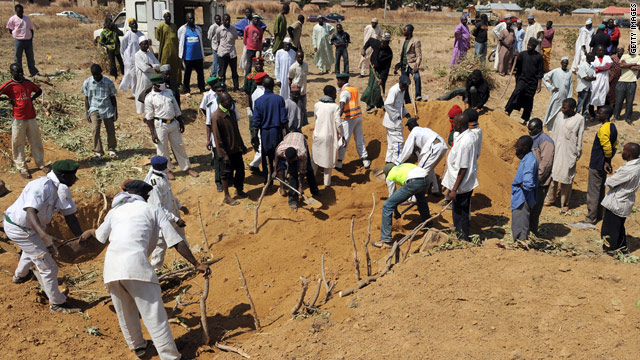
According to BBC, the cause of a recent leak in the Trans Ramos pipeline was confirmed "to have been caused by sabotage." This event was preceded by the announcement from Mend ( the Movement for the Emancipation of the Niger Delta), a Nigerian militant group, that stated the truce they had created with the government last October was now over. Due to this sabotage, the pipeline's owner, Royal Dutch Shell, has declared they will be shutting down three oil flow stations.
After evaluating the situation some analysts question whether it was indeed Mend, who stated that "residents should be given a greater share in profits from oil resources and land", that sabotaged the pipeline or rather another militant group that had recently disagreed with President Yar'Adua's offer of amnesty.
This article speaks strongly about the current workings of Democracy in Nigeria. Attacks on pipelines is all too familiar to Nigeria over the past few years and has caused billions of lost revenue every month. Considering that Oil creates a hefty sum of the wealth in Nigeria, one can wonder how long will the current status of the democracy remain, when billions of dollars are being lost every year. With the truce called off, Mend has stated many of the oil companies should prepare for all out war against the establishments and personnel of their companies. With the President still absent from Nigeria, one can only imagine how the next few weeks will play out
Grade This Post.









